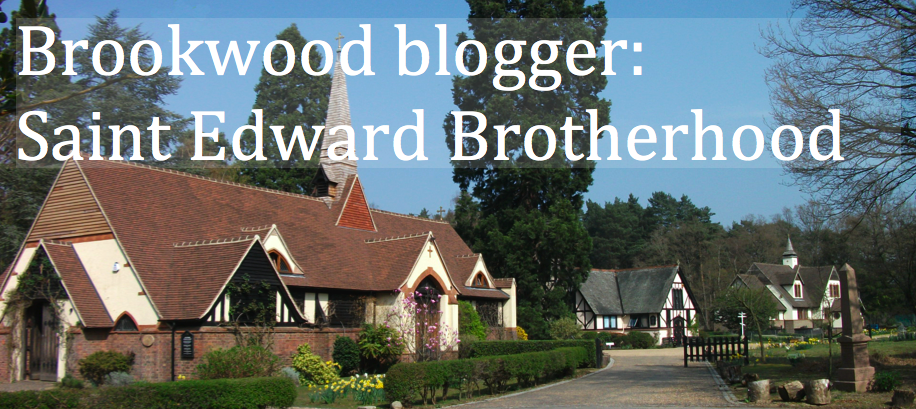This
coming Sunday is the Sunday of the Publican and Pharisee and the start of the Lenten Triodion. Every day of next week is a non-fast day (meat, eggs and dairy
permitted) and the reason for this lies in the parable itself (Luke 18:10-14) which
is read at the Divine Liturgy:
Two men went up to the
temple to pray, one a Pharisee and the other a publican. The Pharisee stood and
prayed thus with himself, ‘God, I thank You that I am not like other men – extortioners,
unjust, adulterers, or even as this publican. I fast twice a week; I give
tithes of all that I possess.’ And the publican, standing afar off, would not
so much as raise his eyes to heaven, but beat his breast, saying, ‘God, be
merciful to me a sinner!’ I tell you, this man went down to his house justified
rather than the other; for everyone who exalts himself will be humbled, and he
who humbles himself will be exalted.
The
Sunday of the Publican and Pharisee commemorates the triumph of repentance and
humility over fasting when the latter is carried out with pride. The fast-free
week reminds us that in the upcoming Great Fast we need to fast with humility and
repentance and not content ourselves with reading the ingredients on food
packets.
The
word ‘publican’ in this context means ‘tax collector’. In those days, tax
collectors were despised because they abused their legitimate power to extort
and overcharge people. They were also
renowned for their petty-mindedness which is why the example of this publican
is so striking – he didn’t resort to excuses or justification but acknowledged
himself as a sinner and called on God to have mercy on him.
However,
in recognizing the Publican’s repentance, the Church also calls us to strive for
virtues with humility as we hear in the Canon of Matins:
Let us hasten to imitate
the virtues of the Pharisee and emulate the humility of the Publican; let us
hate what is wrong in each of them: foolish pride and the defilement of
transgressions.
During
Vespers and Matins on this Sunday the hymns of the Resurrection in the tone of
the week are combined with hymns commemorating the parable of the Publican and
Pharisee. During Vespers the following stichera
are sung (the first two are also repeated in Matins):
O brethren, let us not
pray like the Pharisee, for he that exalteth himself shall be humbled. Let us
humble ourselves before God, and with fasting cry aloud as the Publican: O God
be merciful to us sinners.
A Pharisee, overcome by
vainglory, and a Publican, bowed down in repentance, came to Thee, Who alone
art Master. The one boasted and was deprived of blessing, and the other kept
silent and was counted worthy of grace. Strengthen me, O Christ God, in these
his cries of sorrow, since Thou art the Friend of Man.
O Almighty Lord, I know
how great is the power of tears for they led up Hezekias from the gates of
death; they delivered the sinful woman from her iniquities of many years; they
justified the Publican more than the Pharisee. Number me with them, I pray
Thee, and have mercy on me.
Saint Hezekias was a contemporary of the Prophet Esaias
(Isaiah) and reigned as King of Judah in the seventh century BC. He was renowned
for his piety and was pleasing unto God. The above sticheron refers to the following incident narrated in the Book of
Esaias (Is. 38: 1-6):
In those days Hezekias
was sick even to death, and Esaias the son of Amos the prophet came unto him,
and said to him: Thus saith the Lord: Take order with thy house, for thou shalt
die, and not live. And Hezekias turned his face toward the wall, and prayed to
the Lord, And said: I beseech thee, O Lord, remember how I have walked before
thee in truth, and with a perfect heart, and have done that which is good in
thy sight. And Hezekias wept with great weeping. And the word of the Lord came
to Esaias, saying: Go and say to Hezekias: Thus saith the Lord the God of
David thy father: I have heard thy prayer, and I have seen thy tears: behold I
will add to thy days fifteen years: And I will deliver thee and this city out
of the hand of the king of the Assyrians, and I will protect it.
To
give thanks for his healing, Hezekias sent up praise to God (Is. 38-9-20). He is
commemorated on August 28th and on the Sunday before the Nativity of
Christ. The
sinful woman referred to in the above sticheron is the harlot who washed Christ’s
feet with her tears and anointed them with ointment (cf. Luke 7:36-50).
As
we approach the Great Fast we are reminded by this parable that we need to
combine virtue with humility. Of course we need to struggle to pray, to keep
the fasts and to love our neighbour because without these good works our faith
is dead (cf. Jas. 2:17). Nevertheless,
we should never exalt in our virtues like the Pharisee, but should humble
ourselves like the Publican acknowledging in our hearts that we are sinners and
crying out with him: ‘God be merciful to me, a sinner.'


No comments:
Post a Comment